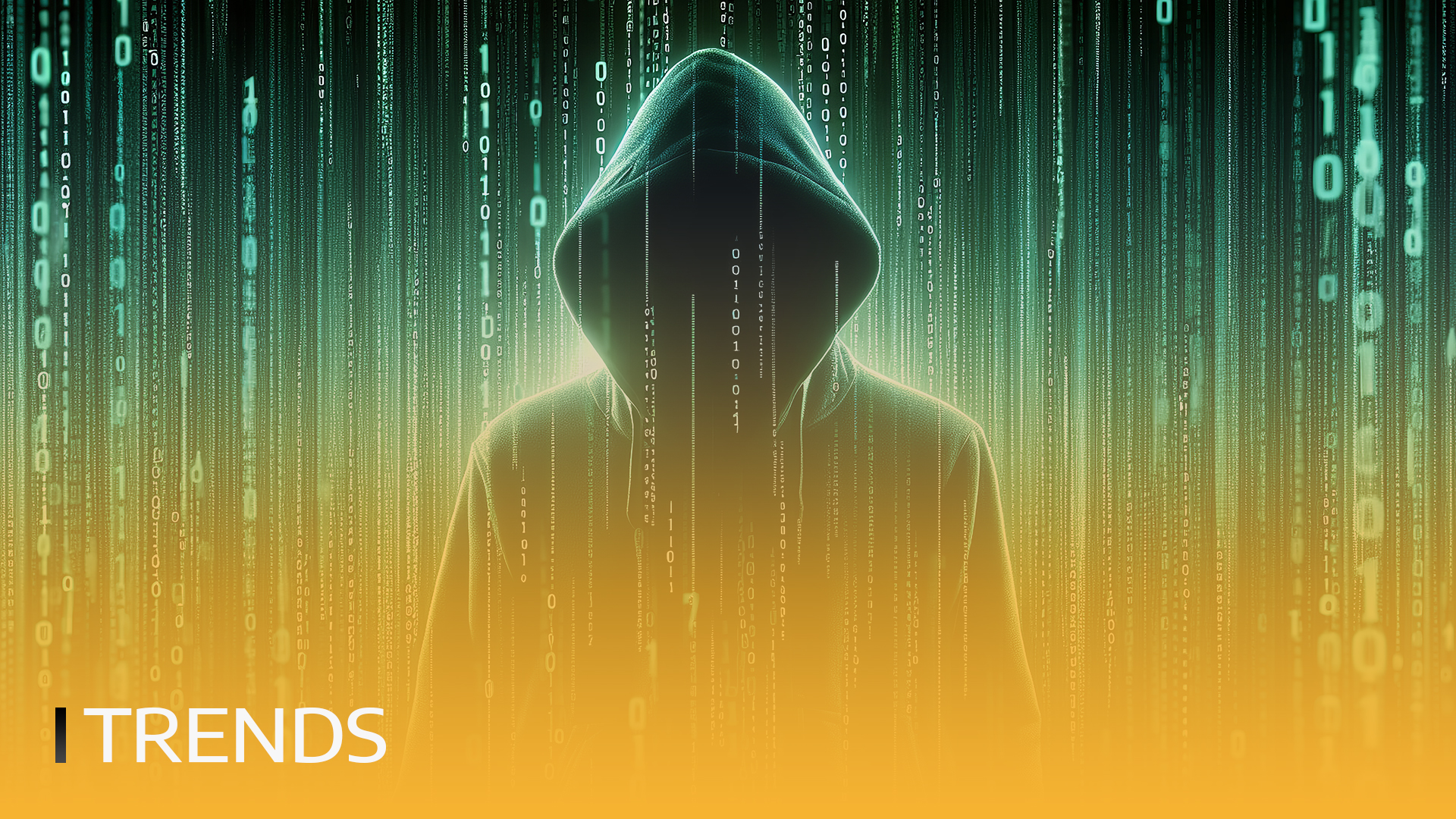Crypto Hacks Down Over 40% Since 2024

Cryptocurrency hackers continue to siphon user funds, but January saw a decline in cyber theft compared to the same period last year, offering a promising sign for the crypto industry.
Hackers made off with over $73 million in digital assets across 19 incidents in January, reflecting a 44% drop from the $133 million stolen in January 2024.
However, the $73 million stolen in January represented a significant increase from December, when losses were limited to just $3.8 million, according to a Jan. 30 Immunefi report shared with Cointelegraph.
The most significant breach targeted the Singapore-based crypto exchange Phemex, which lost over $69 million, while Moby Trade, an options trading platform, suffered a $2.5 million hack, making it the second-largest attack.
Despite the decline in January's year-over-year losses, crypto hacks remain a major issue, eroding trust in the industry. In 2024, cybercriminals stole $2.3 billion across 165 incidents—marking a 40% increase from the $1.69 billion stolen in 2023.
Centralized finance (CeFi) platforms bore the brunt of the attacks in January 2025, accounting for over $69 million, or 93% of the total losses, while decentralized finance (DeFi) platforms lost $4.8 million across 18 incidents, making up 6.5% of the total.
CeFi platforms are expected to remain prime targets for hackers throughout 2025, according to Immunefi’s founder and CEO, Mitchell Amador.
Amador told Cointelegraph:
“The largest volume of losses will likely come from CeFi, as hackers are targeting infrastructure, particularly through private key compromises. CeFi doesn’t generally suffer the highest number of successful attacks, but when a breach occurs, it typically leads to catastrophic losses.”
“A stolen private key allows a hacker to withdraw an enormous amount of funds,” whereas DeFi exploits tend to be more frequent but usually result in “partial losses rather than a total compromise of funds,” added Amador.
CeFi platforms are also susceptible to human error, such as phishing attacks, highlighting the need for robust security measures.
Amador emphasized the importance of a multi-layered security strategy, stating:
“CeFi platforms must adopt a multi-layered security approach that includes enhancing key management, including reducing reliance on single private keys. Improving OpSec best practices is also crucial, including regular security training for employees…”
Additionally, Immunefi’s founder suggested that launching bug bounty programs and implementing real-time threat detection tools could further strengthen security.
Immunefi currently offers over $181 million in bug bounties for ethical hackers, or white hat hackers, as part of its efforts to protect more than $190 billion in crypto assets.
Sources:
https://cointelegraph.com/news/crypto-hacks-january-2025-cefi-immunefi
https://99bitcoins.com/news/crypto-hacks-drop-44-in-january-as-hackers-steal-73m/

Try to invite your friends and earn together
10% of trading fees of your friends and 5% from the earnings of your friends.

